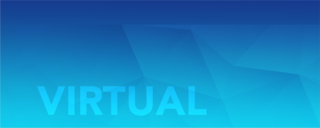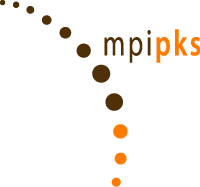
Korrelationstage 2021
Workshop Report
Main focus of our workshop
For many years, the Korrelationstage have biennially brought together the members of the community studying the correlated electron problem (in an increasingly broad sense, now also comprising cooperative phenomena in cold atomic systems) in Germany and its environs.
Given the present pandemic situation, we held a virtual version, specifically aiming at redressing the effective isolation of young members of the community who did not yet have a research network of their own, by providing a platform for presenting their work, meeting colleagues, and becoming known in the community.
Most important participants
As explained above, the most important participants have been the junior researchers, ranging from PhD students to PostDocs and young PIs, who made by far the biggest part of the roughly 250 participants. Accompanying each of the 4 sessions, we had also 4 excellent speakers delivering an overview talk. The average attendance was always above 100, reaching its peak during one overview talk, given in the framework of the PKS colloquium, where the threshold of 200 was broken.
How did scientific newcomers present themselves?
All the talks were exclusively given by junior researchers i.e. without a tenured position. Most of them were not even PIs, and several PhDs. Nonetheless, the quality of the contributions was very high. Essentially all the remaining participants presented a poster and an associated flash talk during a dedicated session. Each flash talk was allotted only one minute, still basically every speaker managed to find the right compromise between speed and clarity. In addition, we organized two informal gatherings on the platform gather.town, which has been also used during the breaks. Finally, during one session, two local speakers gave their talk in hybrid form using a dedicated seminar room at PKS.
Scientific results of the workshop in the broader sense
Given the large pool of participants and the high attendance during each session, we believe that the main goal of the workshop had beed clearly achieved: A large number of young scientists had the chance to present themselves and their work to each other as well as to a broader community beyond their own specific field. Moreover, the overview talks allowed the more junior participants to get a very useful introduction to 4 different modern subfields, while the regular sessions touched basically all of the current "hot topics" in strongly correlated physics.
